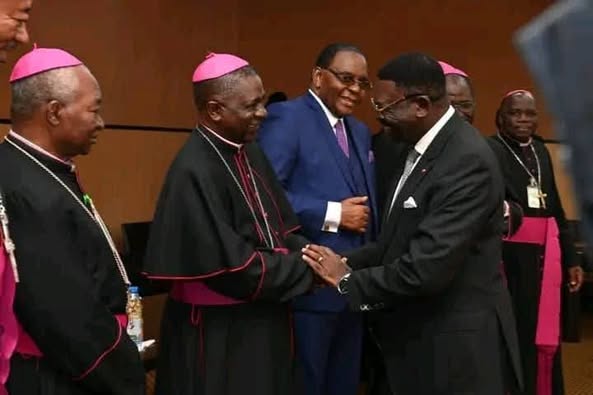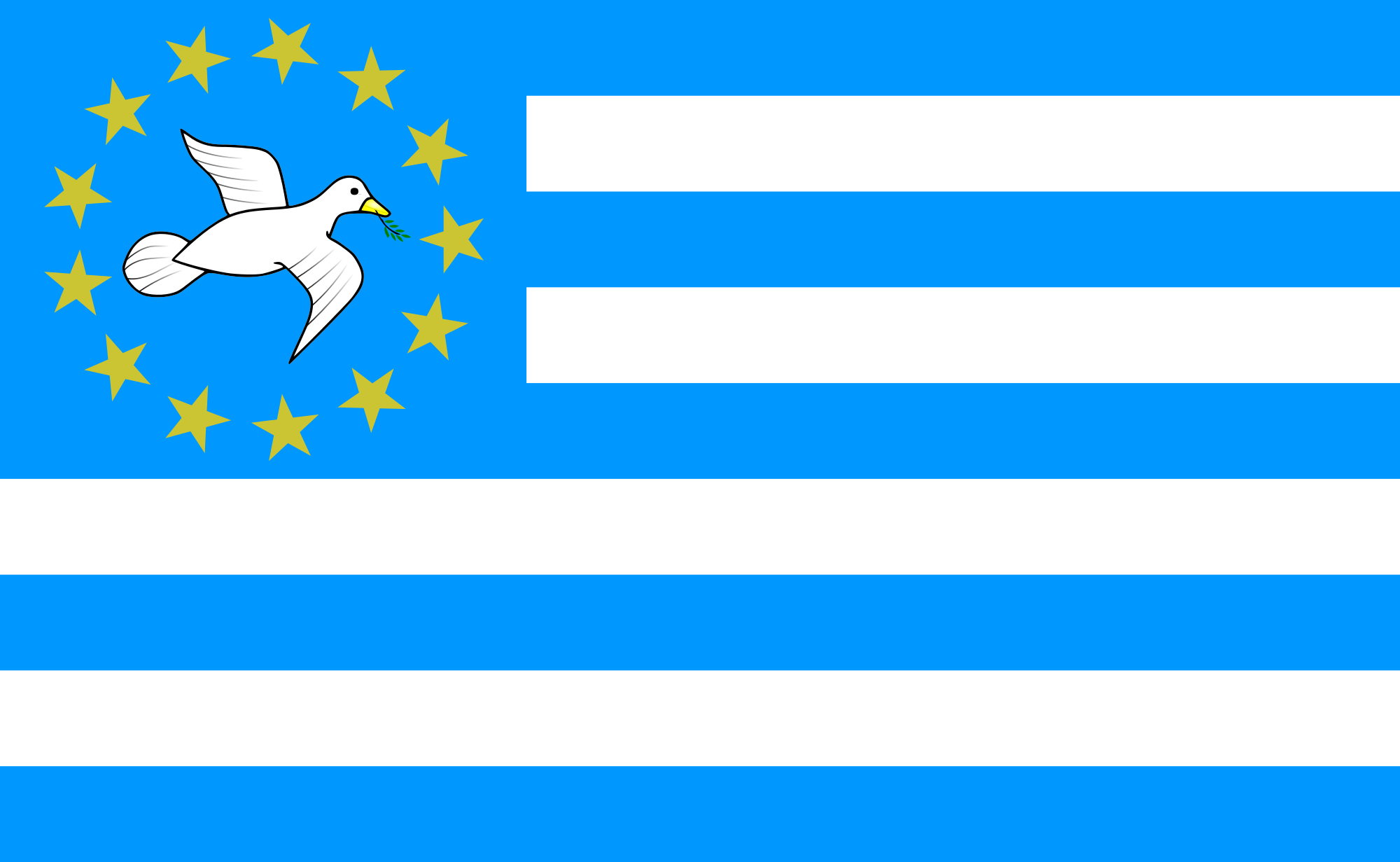Paul Biya’s complete financing of the Catholic Church’s first-ever National Pilgrimage to Rome has raised serious questions about the State’s growing political influence over the Church in Cameroon. The trip, which brought together more than 200 pilgrims from the country’s 26 dioceses, was funded entirely by the presidency. The package covered visas, transportation, feeding and allowances for every participant.
The delegation left Cameroon on October 24 and returned on November 3. What should have been a purely spiritual journey quickly became a symbol of a deeper political relationship. Many Cameroonians now point to this pilgrimage as proof that the Catholic Church has been financially subdued and morally restrained by the Biya regime.
During their stay in Rome, the bishops surprised many by calling on angry Cameroonians to stop street protests and return home. These protests erupted after the constitutional council declared Paul Biya the winner of the disputed October presidential election. A large section of the population believes Issa Tchiroma Bakary won the vote. The bishops chose not to condemn the violent suppression of peaceful protesters. His Grace Andrew Nkea, speaking on behalf of the bishops, remained silent on the security forces’ crackdown.
The full sponsorship of the pilgrimage did not come out of nowhere. Biya has long used financial gestures to strengthen his grip on the Catholic hierarchy. In September, he invited all the bishops to a private audience. He asked them to endorse him ahead of the election, despite 43 years of poor leadership, growing poverty and national decay. Sources say each bishop received a large cash envelope. It was in that same meeting, led by Minister Ferdinand Ngoh Ngoh, that the plan to sponsor the Rome pilgrimage was sealed.
Biya’s personal history also plays a role in this relationship. He is a devoted Catholic and a former seminarian. He was dismissed from the seminary for poor conduct and weak moral standing. Yet he has used his Catholic identity to build influence within the Church and align its moral voice with the State’s political agenda. He even awarded His Grace Andrew Nkea a national honour, a move many view as a strategy to soften criticism and ensure loyalty.
The growing closeness between the Catholic Church and the presidency has left many Christians frustrated. They say the Church has abandoned its mission to defend truth, justice and peace. The silence is most painful in the context of the Ambazonia conflict, where thousands have died. The Church remains divided between Francophone and Anglophone bishops, with the former resisting strong condemnation of the violence. Even during the presidential election crisis, only a handful of bishops dared to question Biya’s legitimacy, while the majority stayed neutral as millions suffered.
The sponsorship of the Rome pilgrimage has now become a national symbol of this unholy partnership. To many Cameroonians, it explains why the Church has been unable to stand boldly with the oppressed. They believe the regime’s financial influence has weakened the Church’s conscience, making it less willing to speak for the people and more aligned with those in power.
By Lucas Muma





